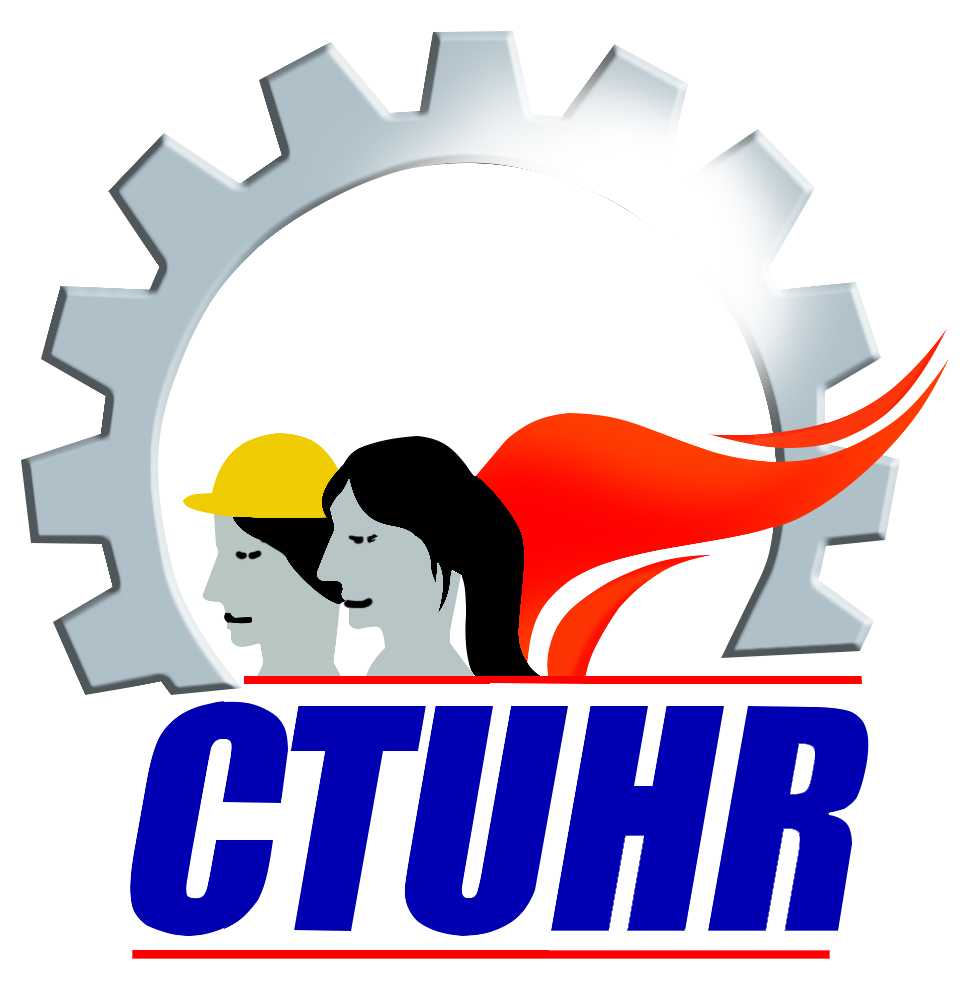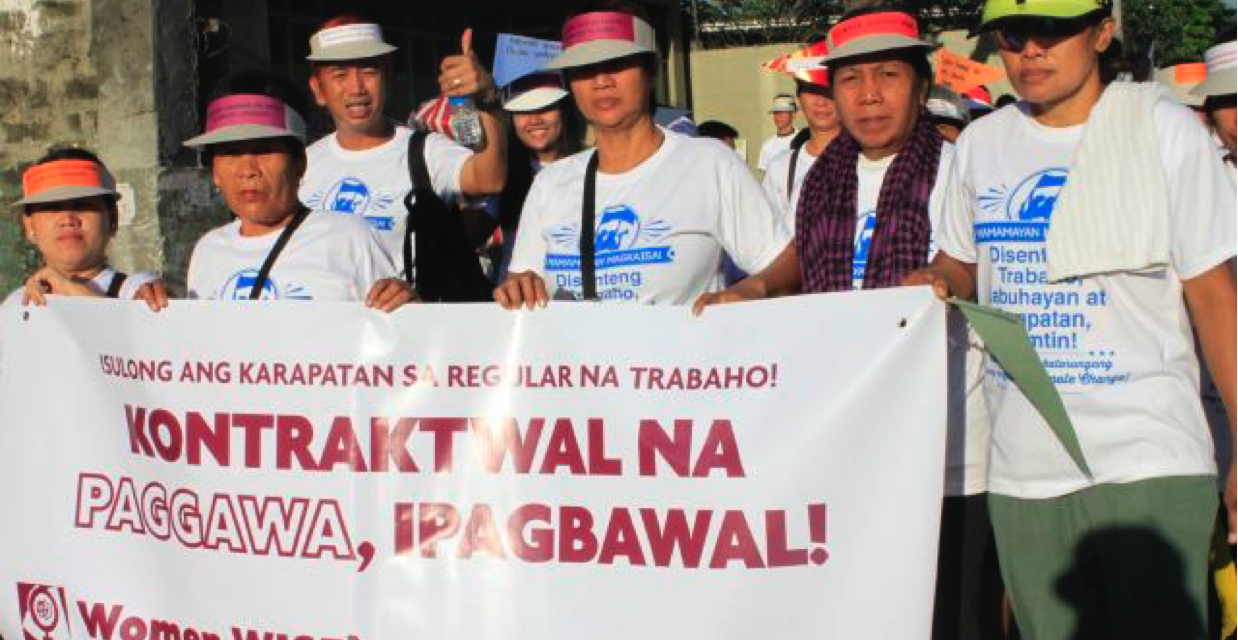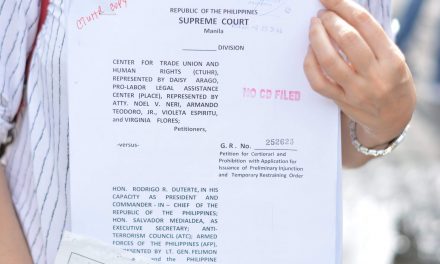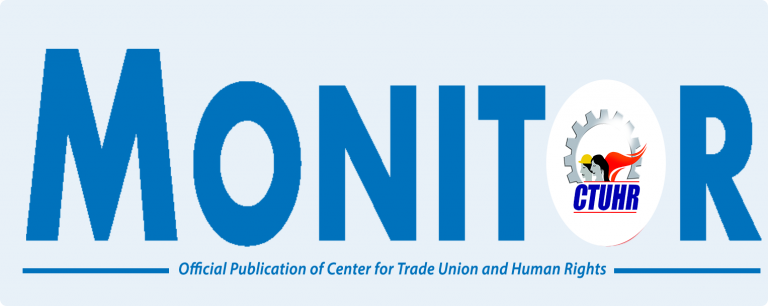Workers, trade unions, labor rights groups found an international ally in UN Committee on Economic, Social and Cultural Rights (CESCR) when it called for reinstatement of a national minimum wage, an end to endo system in its report following a review of Philippines’ economic and social rights commitment released last October.
“These recommendations [of the UN] seem to echo President Duterte’s promise to the Filpino workers, but the workers have yet to see this administration’s promises translate into concrete reality,” CTUHR Executive Director, Daisy Arago said.
The Committee also noted deep concern on the country’s increasing informal employment which has reached 75 percent of the employed.
The Committee cited how the Herrera Law, RA6715, exacerbated contractualization or use of short term contracts in employment of workers and urged the Philippine government to put an end to “endo” system and strengthen the monitoring of employers regarding the abusive casualization of labor. The Committee also recommended that GPH ensure that labor legislations are strictly applied to the sweatshop workers and that all workers enjoy safe and healthy working conditions and are protected from occupational accidents, exploitation and abuse.
The Committee also made strong observations on wages. It called for a review of Wage Rationalization Act of 1989 (RA 6727) and reinstatement of the national minimum wages and criticized the two-tiered wage system that consider poverty threshold, as wage setting reference instead of cost of living.
Militant and progressive labor groups have called for a repeal of RA 6727 which created more than 500 minimum wage levels in the country and asked for a P750 daily national minimum wage for private sector workers and P16,000 monthly for workers in the public sector.
“RA6727 is not only divisive that pitch workers against each other, discriminatory but also responsible for further impoverishment of the already low-paid workers particularly those outside Metro Manila,” Daisy Arago explained.
Apart from wages and contractual labor, the UN Committee also expressed deep concern on the continuing harassments of human rights defenders. It also urged the Philippine government to take all measures necessary to protect human rights defenders, including trade union activists, defenders of the urban poor, indigenous activists and peasant activists, from killing and all forms of violence.
In the previous administration, CTUHR documented 26 unionists and urban poor leaders killed, one forcibly disappeared in addition to the 105 trade union leaders, labor activists and organizers killed under the Arroyo administration from 2001 to 2010. To date, no one from the perpetrators of these killings was arrested and prosecuted. Two hundred twenty (228) were slapped with trumped up charges like murders, robbery and arson, 887 were harassed, threatened and intimidated by suspected military intellingence agents to dissuade their trade unionism work. Two hundred thirteen (213) workers were arrested and detained following collective actions but were released on bail or for further investigation.
The CESCR review process covered the progress or lack of it made by the Philippine government in its obligation to implement the International Covenant on Economic, Social and Cultural Rights (ICESCR) from 2012 to the present. The Philippines signed the treaty on December 19, 1966 and ratified on June 9, 1974. The review process looks into the realities and ways that government addresses concerns such as employment, education, social services and rights of children, workers, urban poor, peasants, indigenous people from the reports of the government like the Commission on Human Rights units and different civil society organizations.
CTUHR is one of those organizations which submitted an alternative report concerning economic rights last June 2016.###







